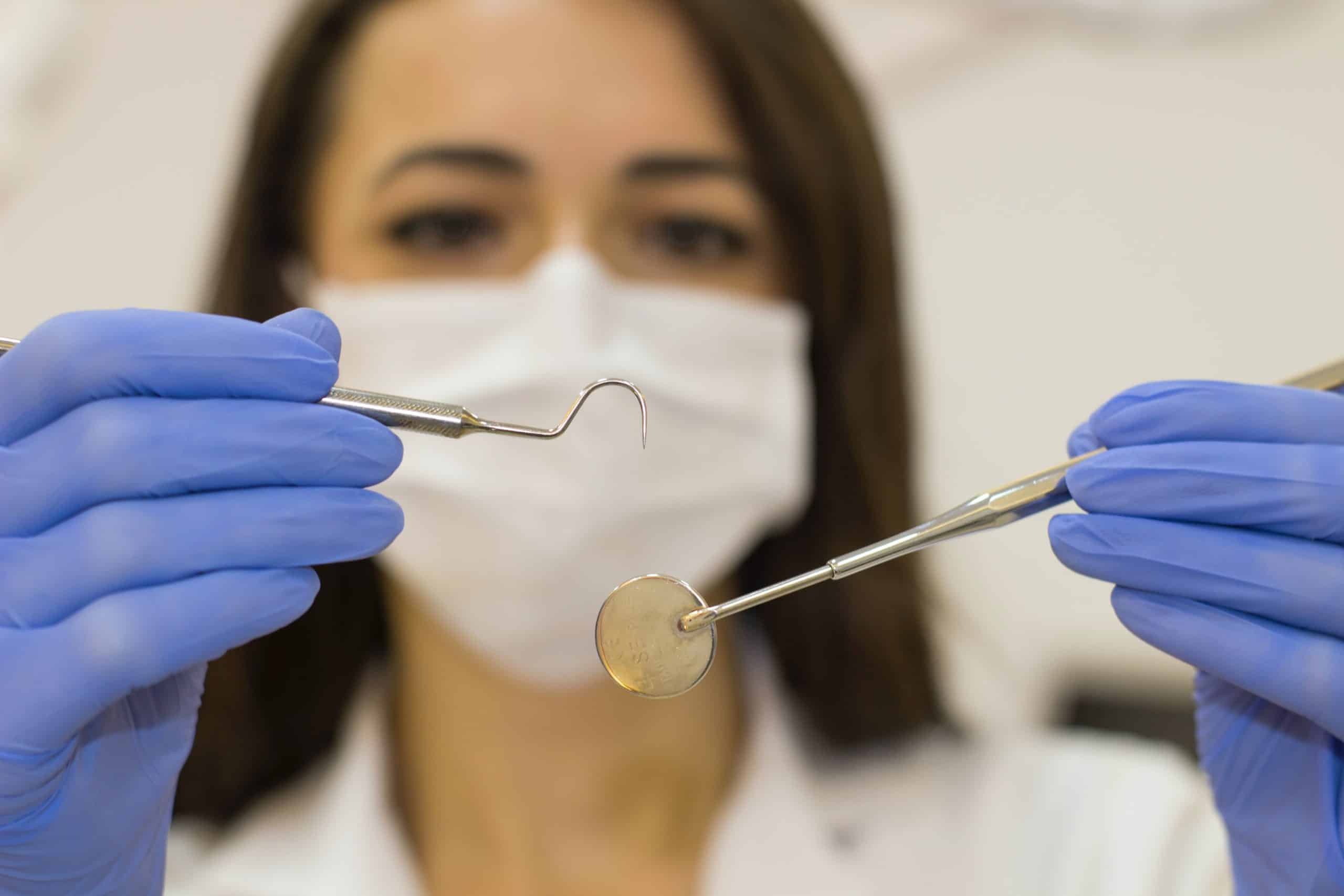Pegasus home healthcare professionals in Pasadena invest one-on-one time with their patients. That enables them to notice potential health problems before they escalate. As a career home health care nurse, you should be aware of the underlying medical causes of bad breath.
Poor Oral Hygiene Is Primary Cause Of Bad Breath
Millions of individuals have bad breath, also known as halitosis. Nearly all bad breath is attributable to poor oral hygiene. For most people, it’s an embarrassment at worst.
Your elderly clients may not be brushing or flossing regularly. Some don’t think they need to. Others are physically unable to do so.
Those who wear dentures may not be cleaning them correctly. Some may be unaware of food particles stuck in their mouth. It’s not unusual for seniors to skip visiting dentists to have their teeth cleaned.
Dentists are the first line of defense against bad breath. They help patients avoid gum diseases such as periodontitis. You might need to explain to your patient that untreated oral infections increase their risk of serious illness.
Seniors don’t visit dentists for several reasons. One factor for many is cost. Others are too fearful or anxious. Transportation is another hindrance.
Your first step is to encourage your patient to visit a dentist. You may have to enlist the aid of their family members. Others on your Pegasus team can also be of assistance.
Improved oral hygiene and appropriate dental care will eliminate most cases of halitosis. But if bad breath persists, it’s time to put your detective skills to use.
Talk to individuals about their diet. Strong-flavored foods like garlic leave a lingering odor in the mouth. But many others, such as citrus, tomatoes, cheese, and coffee, also create stinky breath.
Your patient doesn’t have to stop eating their favorites. They only need to stop long enough for you to determine if food is the source of their halitosis. Tobacco makes breath smell, so encourage those who smoke to take a smoking cessation course.
Dry Mouth Causes Bad Breath
If their bad breath continues after improving oral hygiene or modifying their diet, evaluate their medications. Your patient may be taking drugs that dry out their mouth. A dry mouth allows the bacteria that cause bad breath to proliferate.
Hundreds of medications can cause dry mouth (xerostomia). The most common culprits are those prescribed for:
- Anxiety
- Depression
- Hypertension
- Pain relief
Other drugs that cause dry mouth include:
- Antihistamines
- Decongestants
- Muscle relaxants
Your patient can’t stop taking their meds to improve their breath. But you can confirm that the drugs are the cause of their halitosis.
As part of the search for a cause, you may need to talk to your patient about recreational drug use. Methamphetamine and marijuana are sources of bad breath. You may be able to smell marijuana in their clothing, and meth users will likely have bad teeth (“meth mouth”).
Other causes of dry mouth include medical conditions such as:
- Alzheimer’s
- Damaged nerves in the head or neck
- Diabetes
- HIV/AIDS
- Salivary gland disease
- Sjogren’s syndrome
- Sleep apnea
- Stroke
- Yeast infection
Your patient is probably already receiving medical attention for these. If they are not, you will need to consult with their physician. Chemotherapy and radiation may also cause dry mouth, and their oncologist should prescribe a remedy.
Good hydration helps relieve dry mouth. You may meet with resistance if the person is incontinent or has trouble urinating. Some have difficulty swallowing.
Try coaxing them with frequent small sips of water rather than giving them a full glass. Suggest something like lozenges or chewing gum if they won’t drink water. If they can’t do that, work with a Pegasus dietitian to incorporate foods in the diet that increase hydration.
Disease Creates Specific Breath Odors
Halitosis can result from an underlying illness. As a nurse, you are familiar with the sweet odor associated with diabetes. If a diabetic’s breath smells like acetone, they have slipped into ketoacidosis and need immediate medical attention.
Other disease-related conditions include breath that smells like:
- Ammonia or urine: symptomatic of kidney disease.
- Boiled cabbage: symptomatic of an enzymatic disorder.
- Feces: symptomatic of a bowel obstruction.
- Fetid or rotten: symptomatic of infection in mouth, throat, or lungs. It’s also one symptom of granulomatosis, an inflammatory condition.
- Fishy: symptomatic of an enzymatic disorder. It’s also a symptom of kidney failure.
- Maple syrup: symptomatic of an inability to metabolize certain amino acids.
- Musty: symptomatic of liver disease.
- Sour: symptomatic of GERD.
- Sweaty feet: symptomatic of an enzymatic disorder.
Researchers are also studying the role of halitosis in diagnosing lung cancer, stomach cancer, and heart disease. Your patient may already have received a diagnosis and is receiving treatment.
If you continue to notice specific illness-related halitosis, the disease might not be under control. Or the disease hasn’t yet been diagnosed. In either case, they need to consult their physician.
Pegasus is a licensed Home Care Organization and a Joint Commission Accredited Home Health Care organization. Our home healthcare specialists in Pasadena and our other locations strive to improve the quality of life for their patients. Your career as a home health care nurse benefits others when you discover the connection between their bad breath and disease.

